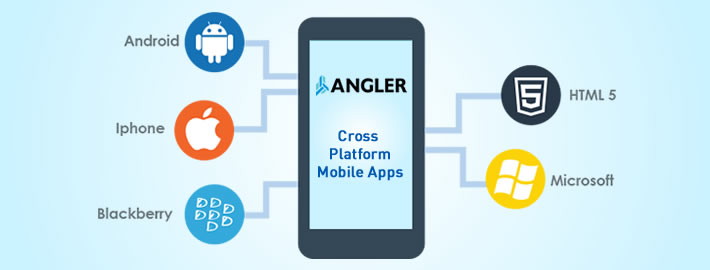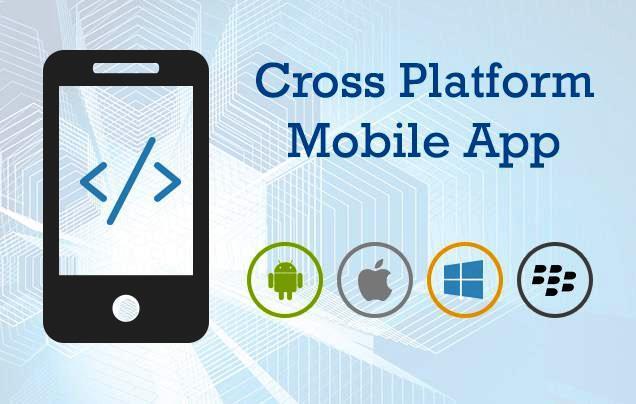In the history of computing, there was a time when cross-platform compatibility was a big thing. You create a file on Windows and become unable to access the same on Mac. Then came file formats like PDFs, which more or less fixed the game.
Now, we are in 2019 and multi-platform file formats are so old-age, since we’re talking about cross-platform mobile app development. That is, developing apps that would work fine on iOS and Android mainly. While the technologies have been under development all along, 2019 has something so unique to offer.
In this article, we will be talking about what you should expect from cross-platform mobile app development in 2019.

Making Things Easier
Developing apps in the cross-platform environment has become quite easier today. There was a time when developer re-did every line of code before proper execution, you know. Now that the runtimes, frameworks and other elements have become intuitive, developers have so much stuff to experiment.
There is also the rise of optimized development services. For instance, mobile app development by Code Inspiration has a dedicated option where you can get an app developed in cross-platform environment, making it easily available on both iOS and Android. And, for all these, we have frameworks to thank.
The Increasing Demand
Cross-platform mobile app developers are in high demand, nowadays. Both small-and-medium and big-sized organizations are recommending the use of frameworks like React Native and Flutter when they want to get an app.

Talking about React Native, it’s one that will stay in 2019. This particular framework has been in the industry for some years and some big names like Instagram and Tesla are using React for building. It really helps the popularity of React Native that there is more control over the design performance and an enhanced performance on the bleeding edge.
It is indeed appreciative that cross-platform mobile app development is quickly adopted by developers and organizations. This is not only making the process easier but also builds an amazing community — making a resource-filled environment as well.
The Rise of Two Fs
It’s evident that React Native is today’s big leader when it comes to cross-platform mobile app development. We, however, think that will soon change. So, React Native is headed by Facebook and Google is also quite ready with a few offerings — Flutter and Fuchsia. As development enthusiasts, we should rather talk about the former.
Flutter is a cross-platform mobile app development framework that is headed by Google. Compared to the existing players in town, Flutter is easy to use, community-boosted and powerful. Even students are able to get started with Flutter but the possibilities are endless.
“Flutter allows you to build beautiful native apps on iOS and Android from a single codebase,”
To quote Google’s own words about the framework. The best part is that you can find sufficient docs even if you are coming from another platform like iOS-only, Android-only, Xamarin, Web or React Native. So, you may want to check how you can move towards Flutter and Fuchsia.

Fast performance, expressive UIs and native performance are just a few reasons to shift to Flutter in 2019.
The Bottom Line
There are a few bottom lines to draw from the whole understanding about cross-platform app development in 2019.
It’s clear as a day that developers don’t want to take double-shifts to develop different apps for Android and iOS separately. Because of this, you would witness an ongoing demand for development environments and frameworks.
While React Native is supposed to say, 2019 would see the rise and triumph of Flutter. In fact, the journey of Flutter is supposed to go hand in hand with what Google is doing with Fuchsia. Anyway, Flutter would be making the whole ordeal easier for developers.
Long story short, you would need less code, less time and less confusion to make great apps that work fine on both Android and iOS.
